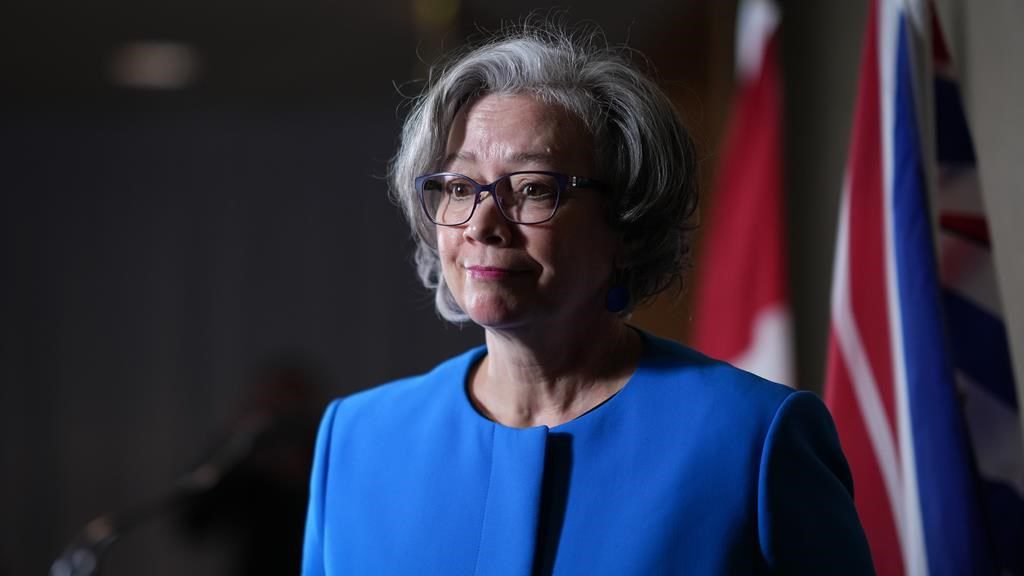
British Columbia is spending $3 million to expand a program that partners health-care workers with police in mobile teams to respond to mental health-related calls.
Public Safety Minister Mike Farnworth said Monday that the program aims to connect people in crisis to the appropriate services in their community, while taking pressure off stretched police resources.
“Currently, police have been the default first responders for people in the event of a mental health crisis and we know that in most cases, police-only involvement is not the most appropriate response,” he said.
“More importantly, having police-only involvement can help contribute to the stigmatization of mental health, and even deter people in crisis from seeking help.”
New teams are being funded for Abbotsford, Port Coquitlam/Coquitlam, Burnaby, Chilliwack, Penticton, Vernon, Squamish, Prince Rupert and the Westshore on southern Vancouver Island.
Similar programs already exist in 10 B.C. communities including Kamloops, Victoria, Surrey and Vancouver.
RELATED: Provincial budget earmarks $867 million for mental health and addictions services
The government said one in five interactions with police in B.C. involves someone with a mental health disorder.
Penticton Mayor Julius Bloomfield said he expects his community’s numbers are higher than the provincial average. He said his council has been lobbying the government for such a program for nearly two years.
“It takes some of the strain away from the RCMP when they’re on wellness checks. It’s the length of time it takes on processing the folks when they are in a wellness checks,” he said in an interview on Monday.
“If they do require treatment, it takes up a lot of time with the officer in getting them to the hospital and getting them processed through the system. If that can be left to the mental health worker, then the RCMP officer can get on with doing some other work that they’re much needed at.”
It’s unclear how long it will take the expanded programs to begin, particularly with struggles across the country in recruiting and retaining health-care workers.
Mental Health and Addiction Minister Jennifer Whiteside did not provide a specific timeline but said she anticipates the teams will start in “fairly short order.”
She said health-care workers on the new teams could include nurses, social workers or community mental health workers, and those decisions will be up to the various health authorities and communities involved.
Bloomfield said meetings have been scheduled over the next few days with provincial officials to get details about how many health-care workers are being funded and when the program could start.
“Obviously, we’d like to see it as soon as possible. But, you know, we are practical and understand that it may take time to put the program into place,” he said.
“But I know that some of the preparation work has already been done and so I’m hopeful that it will come online ASAP.”
This report by The Canadian Press was first published July 17, 2023.




